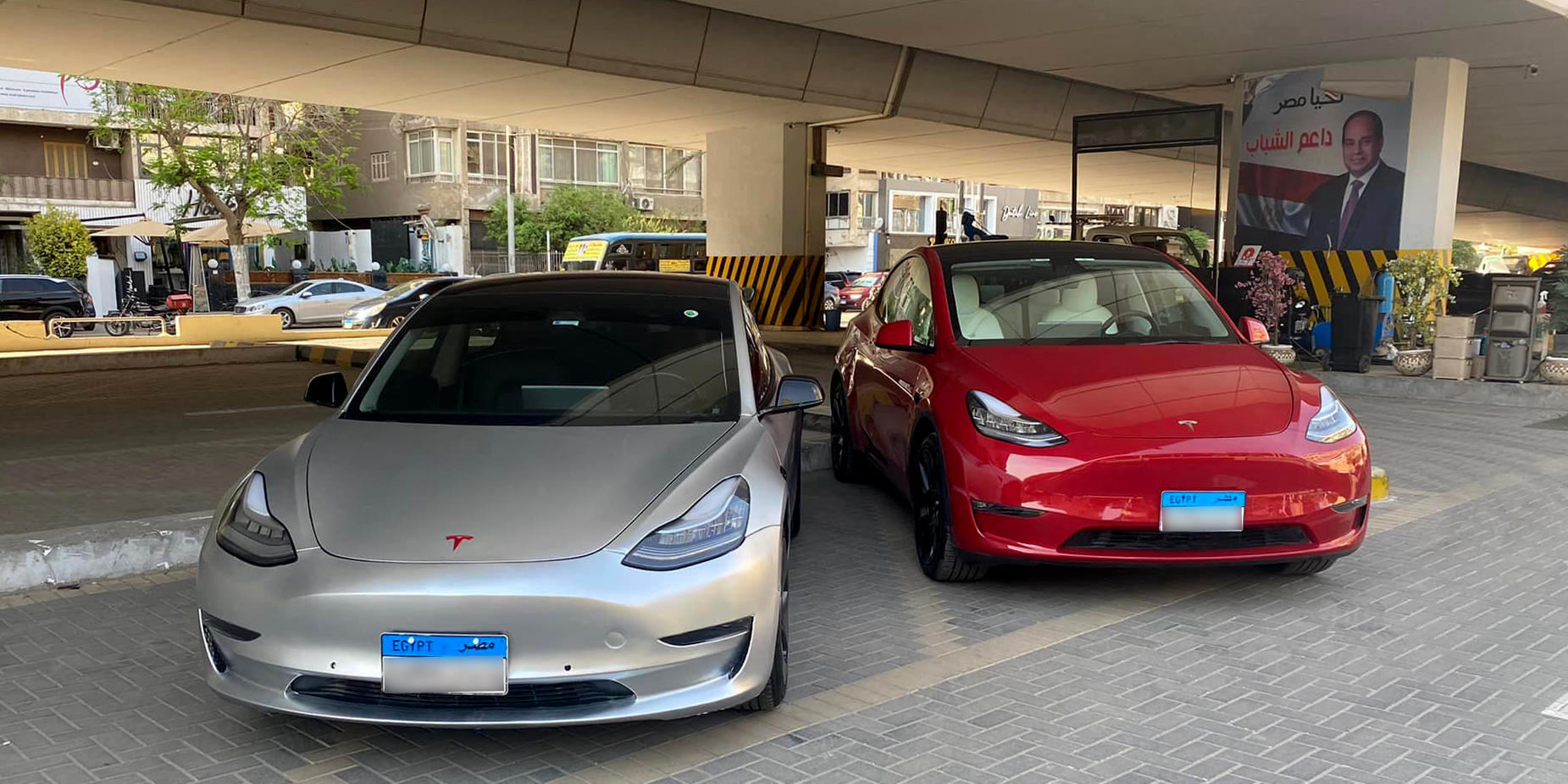Over the past decades, the world has enjoyed a plethora of technological advancements that reshaped the way society functions. From smartphones and social media apps that connect the country online all the time, self-driving cars, to something as simple as IMAX cinema development enhancing filmgoers’ experiences.
Still, there are certain technological innovations, enjoyed and integrated abroad, that are yet to make an impact on Egyptians’ everyday lives.
Here are some of the technological revolutions yet to kickstart in Egypt.
SMART HOMES
From the Amazon Echo home assistant to app-controlled LED bulbs – smart home devices are slowly but surely taking over homes in countries such as the United States, Germany, Japan, the United Kingdom, and China.
Smart homes, which are any home equipped with lighting, air conditioning, and electronic devices that are controlled remotely by smartphone or computer, are touted as the next era in housing technology.
In today’s tech-dependent world, tech giants such as Google and Amazon are constantly integrating traditional home appliances with smartphone utilization. On Amazon’s e-commerce site, smart appliances range from thermostats by Google to video doorbells by Ring, an Amazon subsidiary, and even smart door locks.
While certain smart home devices are available in Egypt, such as app-controlled air conditioners, washers, and televisions by LG, a widespread smart home revolution is yet to take place.
A worldwide survey by Global Web Index in 2020 estimates that only 6.6 percent of Egyptians own at least one smart home device. In the United States, 23 percent of households own at least three smart home devices.
In 2021, Talaat Mostafa Group, a leading Egyptian real estate developer, announced its newest project, Noor City. One of their biggest selling points was it being Egypt’s first fully-functioning smart city, with smart homes across the entire project – an indication that Egypt is gradually accepting the smart home era.
MOBILE PAY
With each year, Egypt continues to transition closer and closer to cashless systems. In March 2022, the Central Bank launched InstaPay, the country’s first instant-money transfer application. This is a step in the direction of mobile-supported money transfers, akin to Venmo’s launch in 2011 in the United States.
What is next in Egypt’s plans for cashless transactions is the mobile payment method, popularized by Apple Pay and Samsung Pay, which store credit and debit cards in a secured wallet application.
In other words, rather than paying with a credit card at a supermarket, services like Apple Pay allow users to pay through their phones by hovering it over credit card machines.
Egypt’s recent plans to introduce Apple Pay and Samsung Pay to the economy in a bid to introduce smart transactions.
UNIVERSAL DIGITAL MEDICAL HISTORY
While Egypt has taken recent strides in the world of med-tech (medical technology), primarily through med-tech startups like Vezeeta or Yodawy, it is still a step behind in terms of providing citizens with full-fledged universal digital medical records.
The country is currently taking steps of implementing a nationwide medical history system – known as the Universal Health Insurance System. However, that plan is expected to take 10 years to reach all of Egypt’s governorates, according to a statement by Finance Minister Mohamed Maait made in July 2022.
For the time being, Egyptian patients jumping from hospital to hospital must gather their previous medical files personally to give out to their new doctor – a time-consuming process for both patients and medics.
ELECTRIC VEHICLES
When Elon Musk, CEO of Tesla Motors, launched the company’s first commercial car, the Model S, in 2012, it set in motion a wave of electric car acceptance across North America and Europe.
Electric cars have existed years before Tesla, with examples like the EV1 model by General Motors as early as 1996, but the past decade has seen leaps in electric car development as countries aim to reduce carbon emissions.
Today, in 2022, there are over 20 million electric vehicles (EVs) in the world – a small number at face-value but an impressive indicator of the progress occurring in the EV market when realizing that the number was at 1 million in 2016.
Slowly, but surely, EVs are beginning to gain traction and demand. Hybrid cars also offer a middle ground for drivers not completely prepared to ditch gasoline.
In Egypt’s case, there are only 380 licensed EVs as of February 2022, despite the country planning to locally assemble EV’s by 2023.
5G NETWORKS
When Egypt leaped from 3G to 4G in 2017, internet and mobile data speeds skyrocketed from a max of 7.2 megabytes per second up to a max of 24 megabytes per second, which while still lower than 4G speeds abroad, was a significant jump for Egyptian internet users.
Today, the country is preparing to transition from 4G to 5G, a speed already enhancing the ever-digitizing societies of 72 countries, such as the United States, the United Arab Emirates, China, Saudi Arabia, Brazil, and Australia.
Despite telecom giants Etisalat, Orange, Telecom Egypt, and Vodafone’s investment in 5G infrastructures, Egypt is yet to launch 5G networks. 5G has been available in nearby countries like the United Arab Emirates and Saudi Arabia since 2019, but other Middle East and North African (MENA) countries such as Morocco, Algeria, Jordan, and Tunisia are yet to launch 5G networks.
On 25 September 2021, Egypt’s Cabinet affirmed that the country is diligently working towards launching 5G.
Subscribe to the Egyptian Streets’ weekly newsletter! Catch up on the latest news, arts & culture headlines, exclusive features and more stories that matter, delivered straight to your inbox by clicking here.







Comments (0)